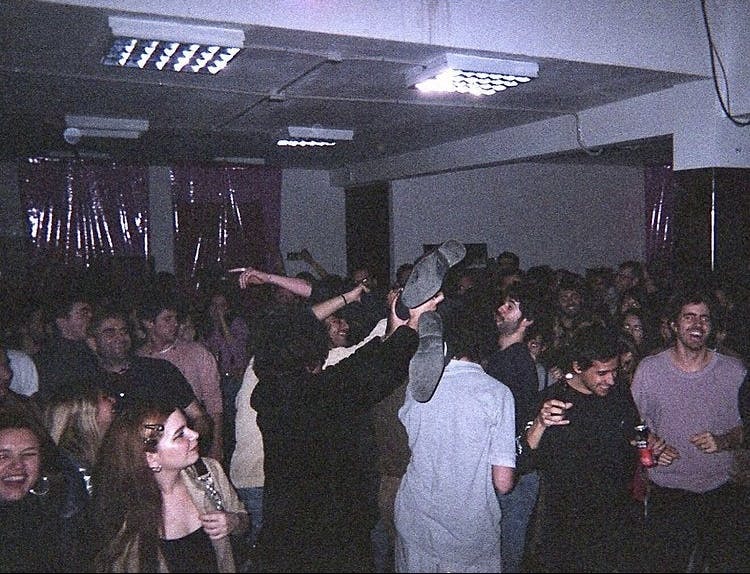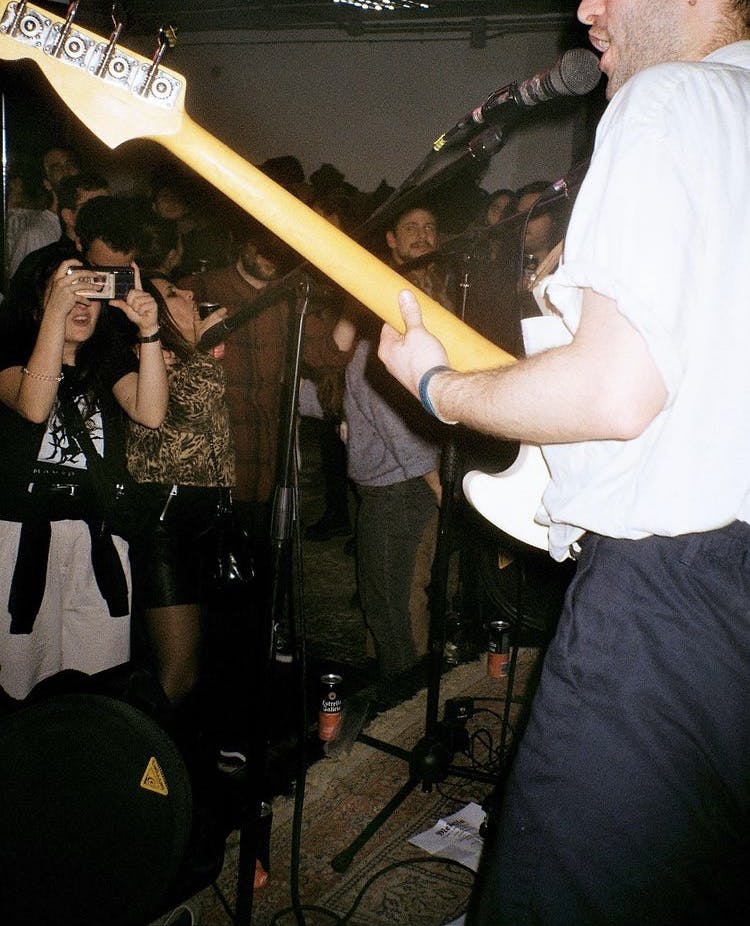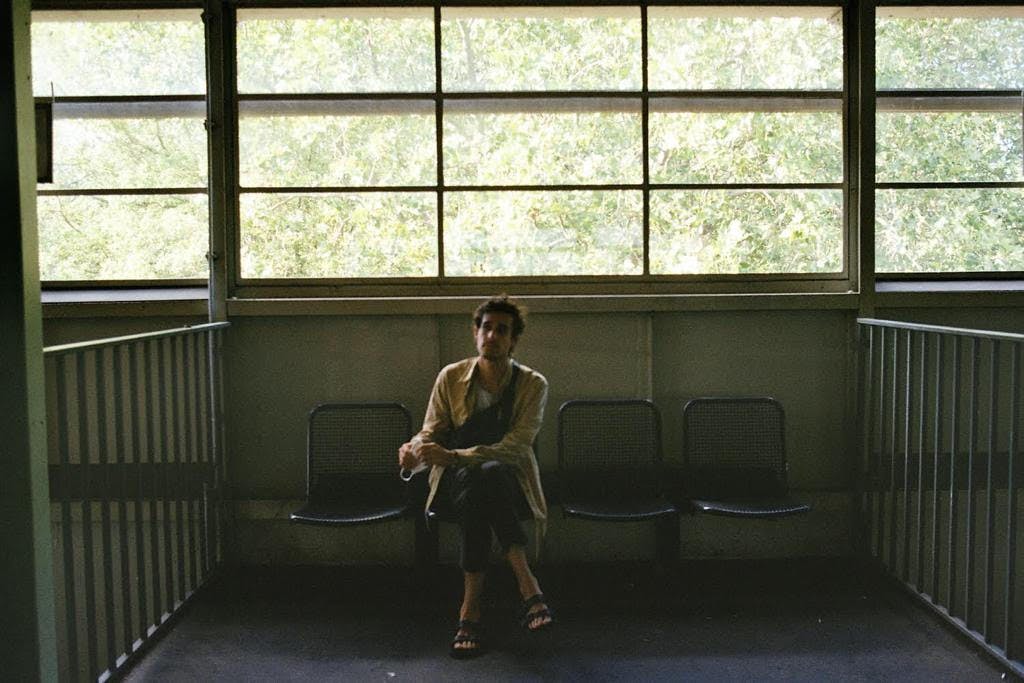But Live in Dallas offers more than just that to their artists, they almost help them like a best friend or family member would. “Sometimes artists need support with things outside of the creative process as well, maybe travelling issues or family problems”, reveals Robres. “These things affect the creative process, so sometimes a manager is also a psychologist, a parent, a friend. Sometimes you need to just listen, let artists express themselves in the way they need to and be there for them. We have to take care of artists in whatever way they need. Every artist is different.”
Choosing only to work with like-minded people is what led Live in Dallas to DICE. “I knew that DICE was a 21st century ticketing company”, says Robres. “When I met DICE’s Spanish Music Lead, Rosa, it was the right place and the right time. I wasn’t really happy with the other ticketing company I was working with, and then Rosa and I started talking about music. We shared the same interests and we knew the same people, and she knew the bands I’m working with which was really important.” He adds: “When I said that I try to work with people who share my way of thinking, I think that’s what I felt when it came to DICE. I feel like the team is really interested in what we’re doing.”
Now that it’s been well over a year since live events were put on ice, it’s time to reflect on how Live in Dallas has survived and how their way of life has changed. “The problem now is that most artists [were] making their living off concerts”, says Robres. “They’ve been through really difficult times in this economy. But at the same time, all our artists have composed an album in the last year. It’s because of their experiences: some days they’re happy, some days they’re sad, some days it feels like the world is ending and others the Sun is shining. Artists have a lot of feelings, and that’s being reflected as they process all of this.”
This positive attitude towards the challenges the pandemic created has powered Live in Dallas through the last year. “We know that we can’t do concerts now, okay, but what can we do?” says Robres. “What do we have now that we didn’t before? Time. Most of our artists have been trying to take advantage of this during the last year. The pandemic is something that’s out of our control, but we have control over making music and creating.”


